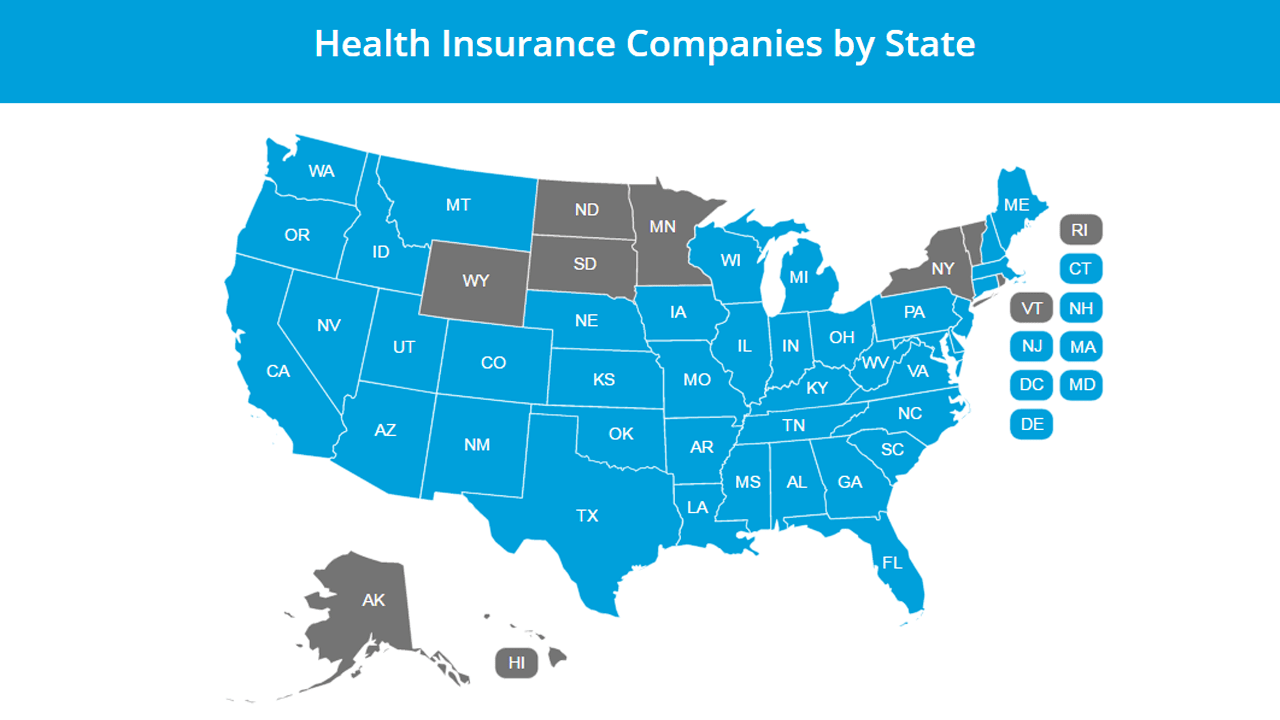Entire life and universal life insurance are both thought about permanent policies. That indicates they're developed to last your entire life and won't end after a specific time period as long as required premiums are paid. They both have the possible to accumulate money value gradually that you may have the ability to obtain versus tax-free, for any reason. Due to the fact that of this feature, premiums might be higher than term insurance coverage. Whole life insurance coverage policies have a fixed premium, meaning you pay the same quantity each and every year for your protection. Just like universal life insurance, whole life has the prospective to build up money value with time, developing an amount that you might have the ability to borrow versus.
Depending upon your policy's potential money value, it may be used to avoid an exceptional payment, or be left alone with the potential to build up worth over time. Possible development in a universal life policy will vary based on the specifics of your private policy, as well as other elements. When you buy a policy, the providing insurance coverage company develops a minimum interest crediting rate as outlined in your contract. Nevertheless, if the insurer's portfolio earns more than the minimum rate of interest, the business may credit the excess interest to your policy. This is why universal life policies have the prospective to earn more than an entire life policy some years, while in others they can make less.
Here's how: Given that there is a money value component, you might be able to avoid exceptional payments as long as the cash worth suffices to cover your needed costs for that month Some policies may permit you to increase or decrease the survivor benefit to match your particular circumstances ** Oftentimes you may obtain against the money worth that might have accumulated in the policy The interest that you might have earned over time collects tax-deferred Whole life policies provide you a fixed level premium that won't increase, the potential to build up money value in time, and a fixed survivor benefit for the life of the policy.

As a result, universal life insurance coverage premiums are generally lower throughout periods of high interest rates than whole life insurance premiums, frequently for the exact same quantity of protection. Another essential distinction would be how the interest is paid. While the interest paid on universal life insurance is frequently changed monthly, interest on an entire life insurance coverage policy is typically adjusted each year. This could indicate that during periods of increasing interest rates, universal life insurance coverage policy holders might see their money worths increase at a quick rate compared to those in whole life insurance coverage policies. Some people may prefer the set death advantage, level premiums, and the potential for development of a whole life policy.
Although whole and universal life policies have their own special features and advantages, they both focus on offering your loved ones with the cash they'll require when you pass away. By working with a qualified life insurance representative or business representative, you'll be able to select the policy that finest fulfills your private requirements, budget, and financial objectives. You can likewise get afree online term life quote now. * Offered required premium payments are timely made. ** Increases may undergo additional underwriting. WEB.1468 (What is comprehensive car insurance). 05.15.
Our How Much Is Motorcycle Insurance PDFs

You don't need to guess if you need to enroll in a universal life policy since here you can learn everything about universal life insurance pros and cons. It resembles getting a preview prior to you purchase so you can choose if it's the ideal type of life insurance coverage for you. Read on to learn the ups and downs of how universal life premium payments, cash worth, and death benefit works. Universal life is an adjustable type of irreversible life insurance that enables you to make changes to two main parts of the policy: the premium and the death benefit, which in turn impacts the policy's cash worth.
Below are some of the overall pros and cons of universal life insurance. Pros Cons Designed to provide more versatility than entire life Does not have the guaranteed level premium that's offered with whole life Money worth grows at a variable rates of interest, which might yield greater returns Variable rates also suggest that the interest on the money worth could be low More chance to increase the policy's money value A policy generally requires to have a positive money worth to remain active One of the most attractive functions of universal life insurance coverage is the ability to pick when and how much premium you pay, as long as payments fulfill the minimum quantity required to keep the policy active and the Internal Revenue Service life insurance coverage guidelines on the optimum quantity of excess premium payments you can make (How does life insurance work).
But with this versatility also comes some disadvantages. Let's review universal life insurance benefits and drawbacks when it pertains to altering how you pay premiums. Unlike other types of long-term life policies, universal life can adapt to fit your monetary needs when your money circulation is up or when your budget is tight. You can: Pay greater premiums more regularly than needed Pay less premiums less frequently or even skip payments Pay premiums out-of-pocket or utilize the money worth to pay premiums Paying the minimum premium, less than the target premium, or avoiding payments will negatively affect the policy's cash worth.